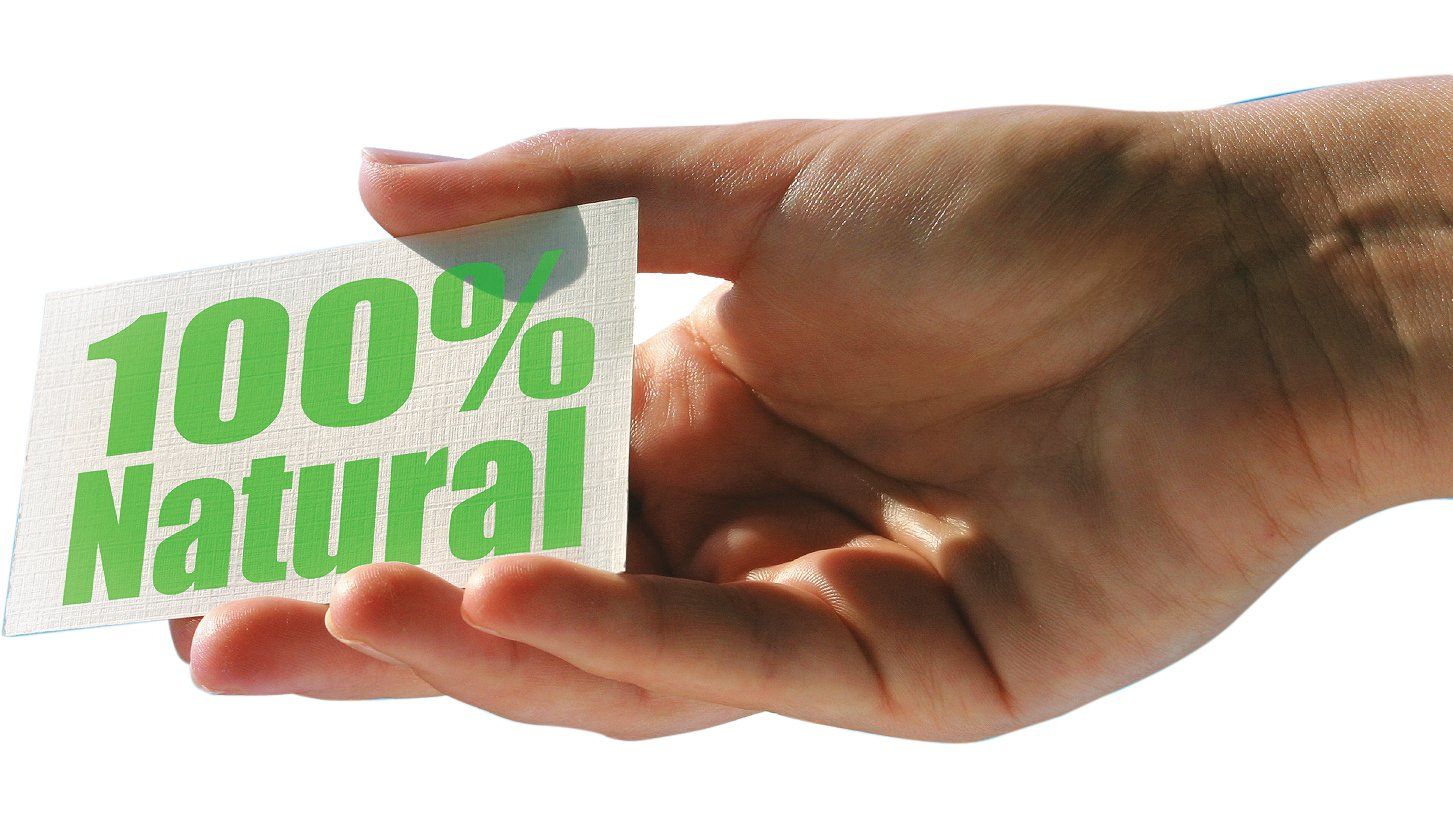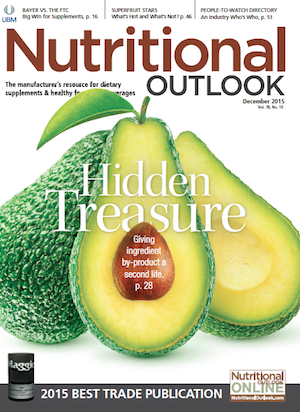What If FDA Regulates “Natural” Claims on Food Labels?
What does a world with a "natural" definition look like?
Photo © iStockphoto.com/thumb

Updated 12/3/15 at 10:30 A.M. PST
Newly released survey data show 46% of U.S. consumers believe the government regulates “natural” food-marketing claims, according to the Natural Marketing Institute and The Organic and Natural Health Association.
Those of us in the industry know better, of course.
FDA has consistently declined to formally define what is or isn’t natural and as such has left companies wide-open to class action lawsuits anytime someone takes umbrage with a firm’s “natural” claims. But there could be an end in sight.
In November, FDA began requesting public comments on whether it should define natural, what the definition should be, and how it should be regulated. While the agency is only asking for comments at this point, and has not said it intends to engage in further rulemaking, you could excuse some for being hopeful that FDA could, in the near future, finally define natural.
Hypothetically, then, what types of changes could a standardized definition bring?
Pending litigation comes to mind, first and foremost. General consensus is that a formal definition should help reduce the amount of future litigation. But what of cases currently standing? Would courts be willing to stay pending lawsuits on the chance that FDA could, at some point soon, define natural?
“It is an interesting situation,” says Justin Prochnow, an attorney and shareholder at Greenberg Traurig LLP who has written several articles for Nutritional Outlook on the natural-claims issue. (See below.) “Courts have shown a willingness to stay pending litigation, especially the federal courts, if there is a belief or hope that the FDA will weigh in on a labeling claim or issue. In the last several years, several judges stayed pending ‘all natural’ litigation and sent a request to FDA to define natural.” With a definition potentially on the line, Prochnow says, it will be interesting to see what the courts might do.
One thing you can count on, however, is that if FDA sets up parameters for natural, expect more companies to start seeking “natural” certification.
“Without a doubt. I would expect that if a formal definition of natural is ever created, we would end up with a system similar to the National Organic Program, and there would be a number of certifying agencies popping up to certify companies as natural,” Prochnow predicts.
For nearly a decade, the Natural Products Association (NPA; Washington, DC) has operated its NPA Natural certification seal for home-care and personal-care products. Says Dan Fabricant, PhD, executive director and CEO of NPA, "natural” certification is about “quality over quantity,” pointing out that the association’s "natural" standard has “a clear scientific base.”
Jaclyn Bowen, Director of Consumer Values Verified, NSF International (Ann Arbor, MI), emphasizes the importance of third-party validation. “While an established definition of natural could be a start” toward increasing claims transparency and credibility, she says, “independent third-party certification is necessary to confirm the validity of the claim."
“The problem that exists today is there aren’t a lot of product companies seeking ‘natural’ certification, which has contributed to consumer mistrust,” she adds.
Finally, and most importantly, will a natural definition enact change where it matters-in the minds of consumers? That’s where some are uncertain. “I’m not really sure a formal definition of natural really would help consumers all that much. It would mostly help companies know the parameters for permissible claims without the serious threat of litigation,” Prochnow says.
“Consistent with what NSF International’s Consumer Values Verified survey found about the lack of understanding about gluten-free claims, even when a federal formal definition exists, having a definition for natural does not mean that consumers will understand what the claim actually means,” Bowen agrees. For that, she says, more education is needed. “At a minimum, a definition will standardize the claim of ‘natural’ and therefore contribute to some consistency in the marketplace of these claims."
Until FDA reveals more of its intentions, the whole thing “is all a little bit of a mystery,” Prochnow says. “The biggest unknown is figuring out what the FDA’s end game is with this comment period.” Bowen points out, “it’s essential to confirm how the FDA plans to enforce the definition in the marketplace.”
For now, Fabricant says, his feeling is positive. “What we don’t want to see is 50 different state definitions of natural. A federal definition of natural would solve that problem, so we see it as good for business and consumers.”
Updated 12/3/15 at 10:30 A.M. PST
Megan Westgate, executive director of the group the Non-GMO Project, also shared her concerns about a natural definition-for instance, concerns about how genetically modified organisms (GMOs) would be treated within the context of an FDA definition of natural. The Non-GMO Project is a well-known third-party certifier of non-GMO goods in the United States.
"It is currently unclear how a 'natural' label may be implemented and what exactly it might mean. In order for a 'natural' label to support the work of the Non-GMO Project, it would need to work within the framework we've established for GMO avoidance," Westgate says. "One thing is for certain: developed in a laboratory and sold without proper testing, GMOs are not natural. They should be kept out of the FDA's definition."
Also read:
Without a Regulatory Definition for Natural, Industry Still in Limbo
"Natural" and "All Natural" Claims Still Undefined
Global Regulations: Why is FDA reluctant to define "natural"?

HHS announces restructuring plans to consolidate divisions and downsize workforce
Published: March 27th 2025 | Updated: March 27th 2025According to the announcement, the restructuring will save taxpayers $1.8 billion per year by reducing the workforce by 10,000 full-time employees and consolidating the department’s 28 divisions into 15 new divisions.



















